Istanbul Dreams: Waiting for the Tulips to Bloom – a preview
There’s an awful lot of information on traditional Turkish life available, but things change. Read on to get a taste of contemporary life in Istanbul through this excerpt from my memoir Istanbul Dreams.
“…Since I first came to Turkey more than twenty years ago, trade has opened up, overseas travel has become cheaper, and society has been altered by the growth of a substantial and large middle class. Outside influences, from Europe, the UK and America, are no longer only within the reach of the very rich. This greater exposure to the West, through music, the cinema and advertising, has meant that everyday life in Turkey has changed.
However, the first to take up Western fashions are still Istanbullu residents. Each year, passing fads and fancies from the West are incorporated into existing customs and now you have people eating turkey on New Year’s Eve while listening to Jingle Bells. Turkey as food is rarely associated with Thanksgiving, and many a foreigner has had a heated argument with a close Turkish friend who insists that Christmas Day and New Year’s Eve are one and the same thing.
Western influence is very obvious in Turkish music video clips. I have seen the obsession with burly, medallion wearing moustachioed men surrounded by leggy blonde beauties replaced by a spate of clips featuring slender young men with neatly plucked eyebrows and enviable skincare routines. They are still surrounded by leggy blondes, and some brunettes, but now the clips feature scenes of bondage and soft porn S&M, regardless of the singer, the audience or the song.
Another change that has occurred more subtlety, over time, is the attitude Turkish people have towards animals. Dogs have always been tolerated as working animals on farms and for security on worksites, but cats were quite beyond the pale. Ten years ago cats were grubby, dirty things that jumped out of garbage bins when you put your rubbish in.
Nowadays many are sleek and plump and too full to move when you drop your garbage in the bin. People leave food out on the street for them everyday, so they no longer need to scrounge amongst the scraps. In summer huge billboards implore residents to remember to make one cup of water a day available to the strays in their area but this kindness to animals does not stretch quite so readily to dogs. Although more people have pets in their homes, many people still believe if you feed animals inside your home, the angels will not visit.
Why this is, and what the angels might do if they did visit your house is something I have not been able to establish. This belief, and an underlying fear of dogs mean that street dogs get the short end of the stick when it comes to being looked after.
However, owning a pedigree dog has been readily taken up by the upper class in Istanbul. In Özgürlük Park near my home I see shellsuit clad men and women walking at a leisurely pace, with their overweight dogs waddling beside them. These dogs are pampered and loved and spoiled, are usually overfed and undertrained, and lead lives of overindulged luxury. As a former dog owner, I can’t help but feel sad when I see the dogs left alone in exercise pens while their owners chat with friends. As a status symbol, owning an expensive pedigree dog is right up there with driving an SUV and making regular trips to London or Dubai to go shopping.
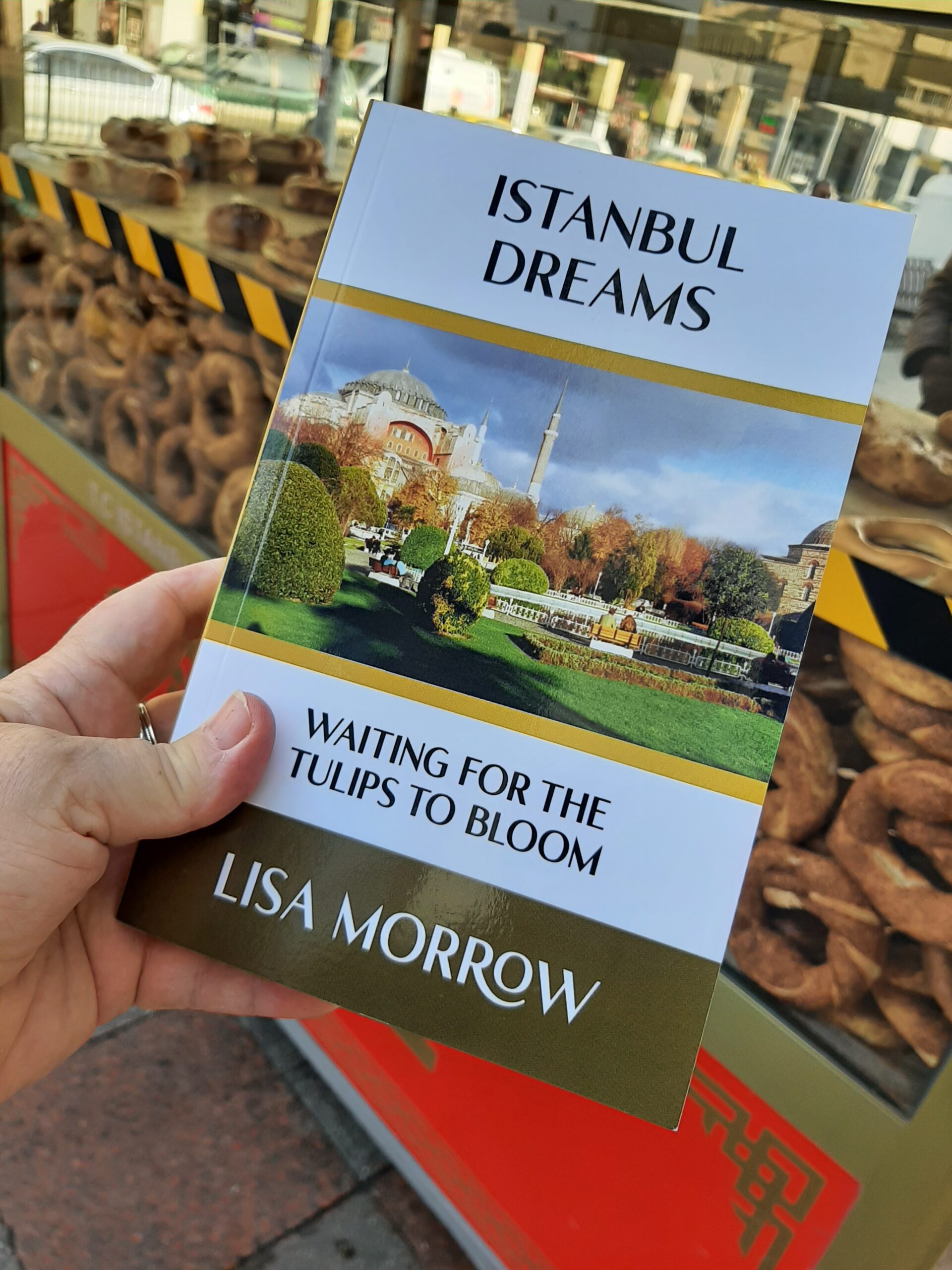
Despite the fact that many Turks acquire Western habits and pastimes without thinking about what they really mean, some just understand instinctively. A student of mine once told me, with great emotion that, “I never knew love, until I knew Roger. When I come home he is there, waiting for me. When I am sad, he cries. When I am happy, he laughs. My life is good because of him.”
Roger, her much loved Golden Retriever, seemed more important than her husband, and gave her comfort in a way the man in her life never could. Although the way in which the traditions I grew up with are adopted in Turkey and then adapted sometimes annoys me, it also makes me smile. Traditions that make me happy make my new fellow countrymen happy too, giving us a new point of similarity, even if for very different reasons.
Find out more about my life in Istanbul in my memoir Istanbul Dreams: Waiting for the Tulips to Bloom.
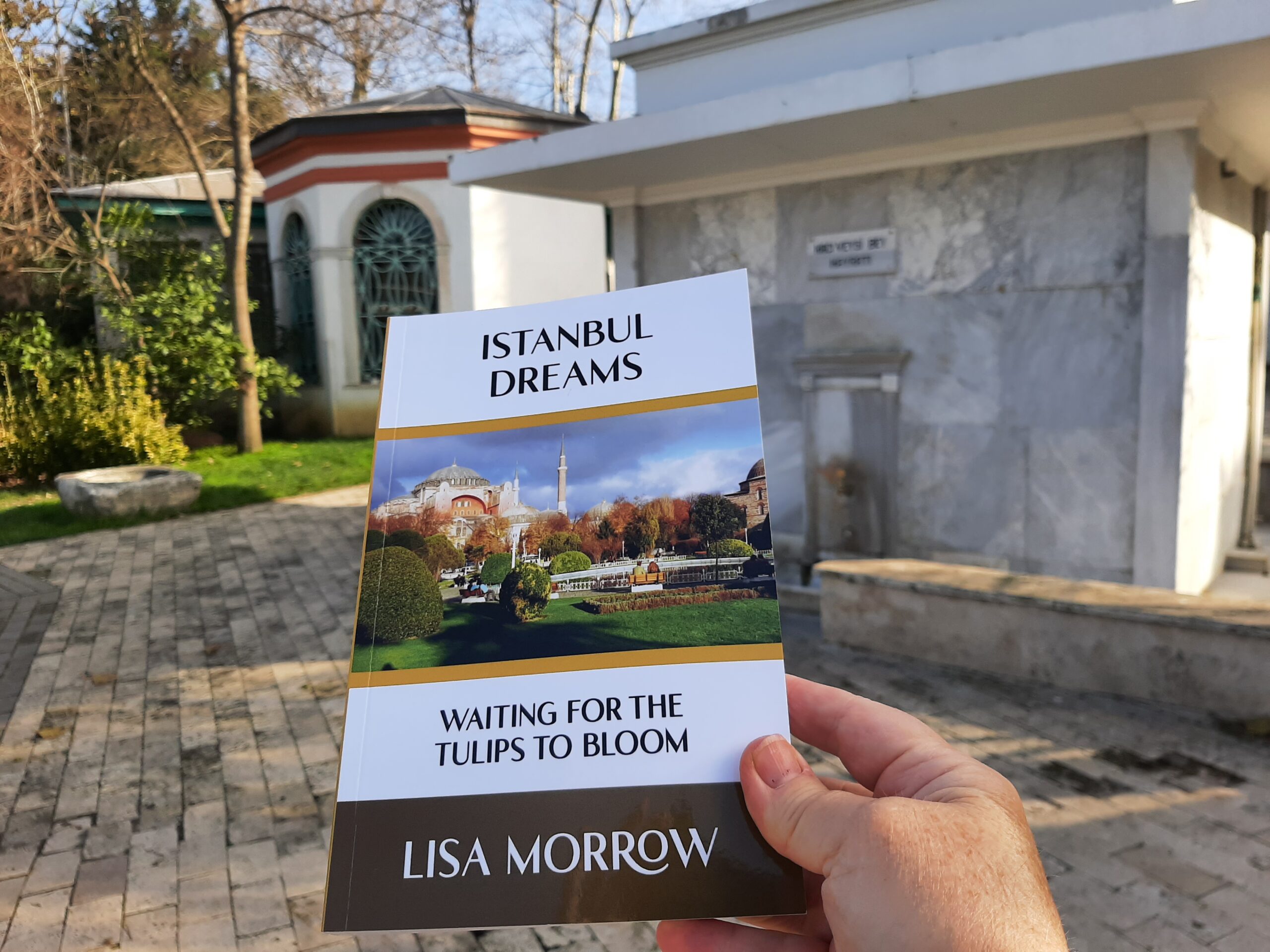
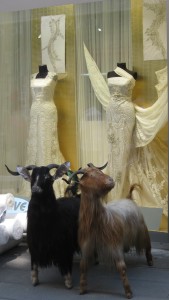
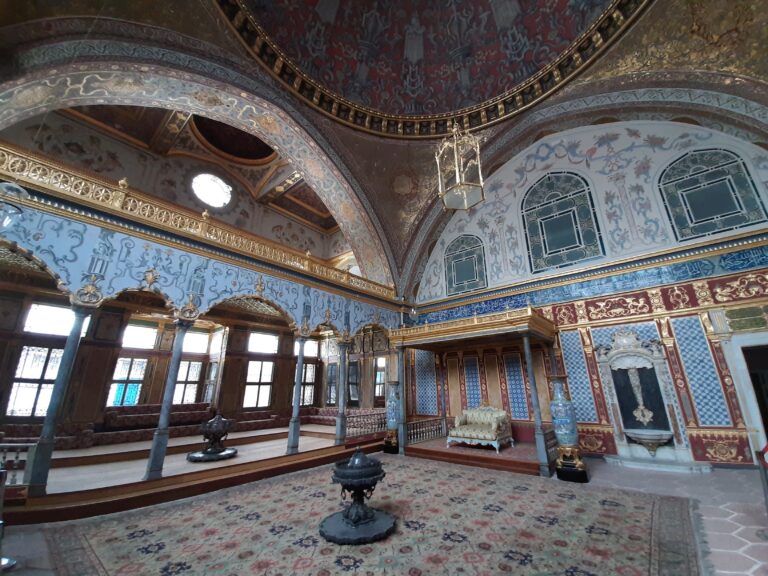

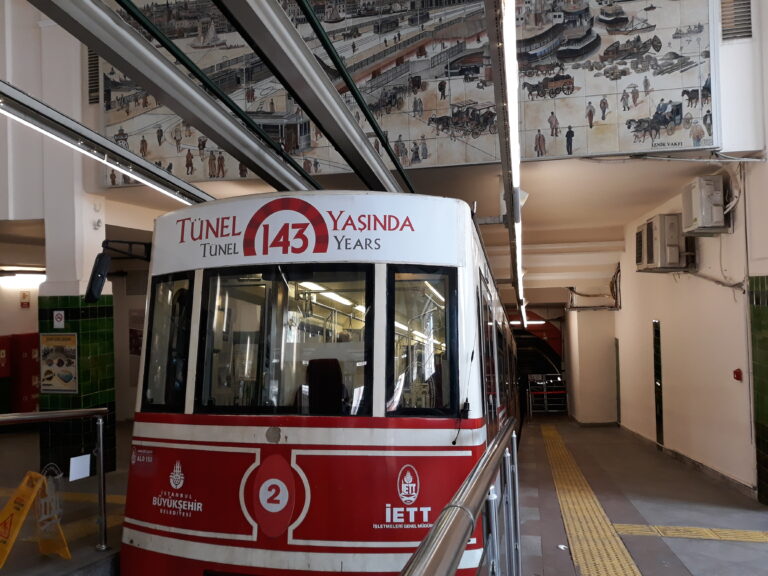
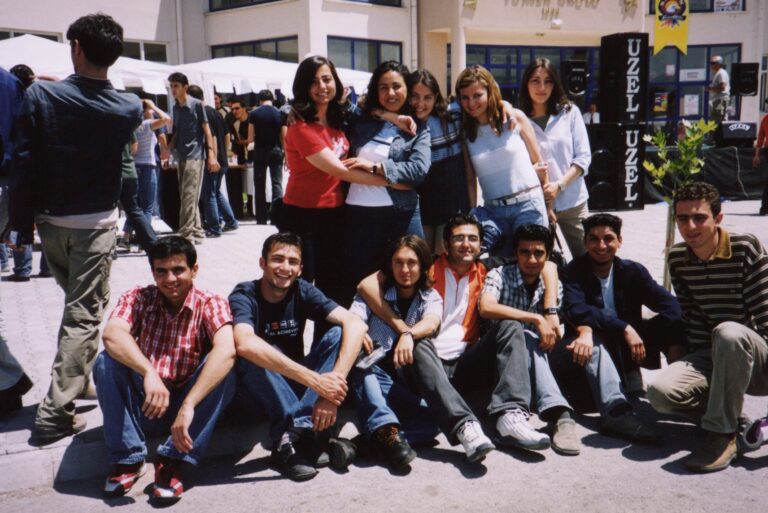
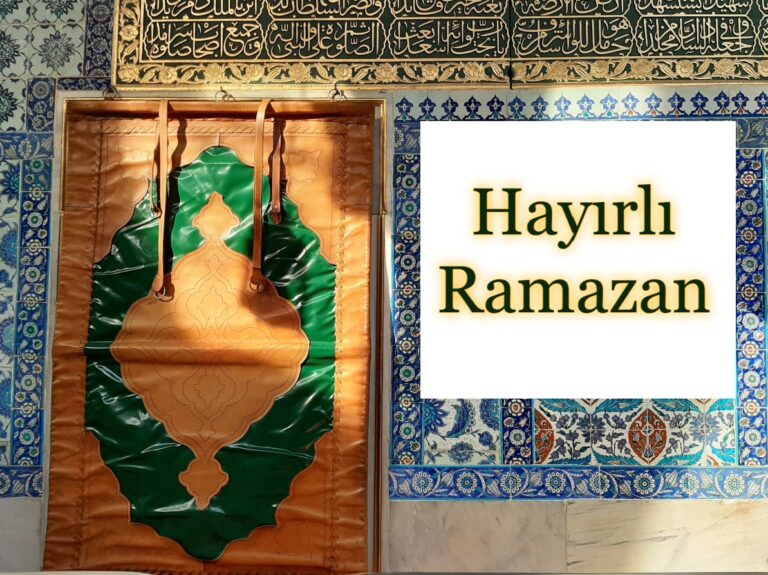
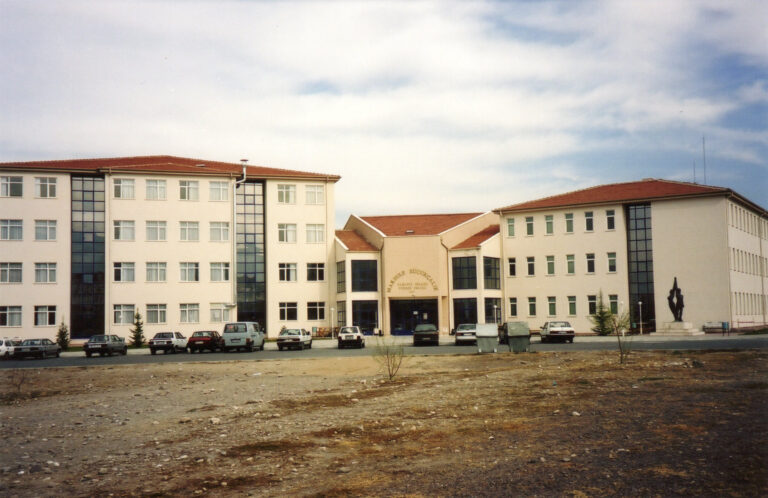
Thanks for the comment Irishgelin – I’m glad you’ve been following my blog. It is always interesting to see how Turks react to things, isn’t it? The owner of a Yorkshire Terrier and a corgi living in Istanbul told me one of his neighbours refuses to leave the building when he takes his dogs out. It seems hard to believe people are scared of such small dogs but cultural beliefs are very strong and take time to change. That’s what makes living here so interesting.
You are so right about owning a dog being similar to owning an SUV. I often visit Yesilkoy on the summer weekends and am amazed to see how many people have those mini dogs like the ones out of legally blonde. It definitely seems like a fashion symbol among more affluent members in society.
As for the angels not entering the house I have seen good arguments from an islamic point of view (such as the importance of dogs as guards and helping the blind) arguing against this although it doesn’t seem to be well known in Turkey. I find that the lack of interaction with dogs causes people to be scared of them. I remember once I was with my brother in law and their was a huge German Alsation with its owner walking towards us..my brother in law was shocked at how I walked by normally. I guess he thought I was going to run away lol.
Times are a changing – street dogs used to be mongrels, now they are Gold Retrievers and Spaniels.
Here in Istanbul I’ve seen three strays in the last week that were obviously someone’s much pampered pet until quite recently. I wonder their presence looking lost, sans owners, is the result of the declining economy.